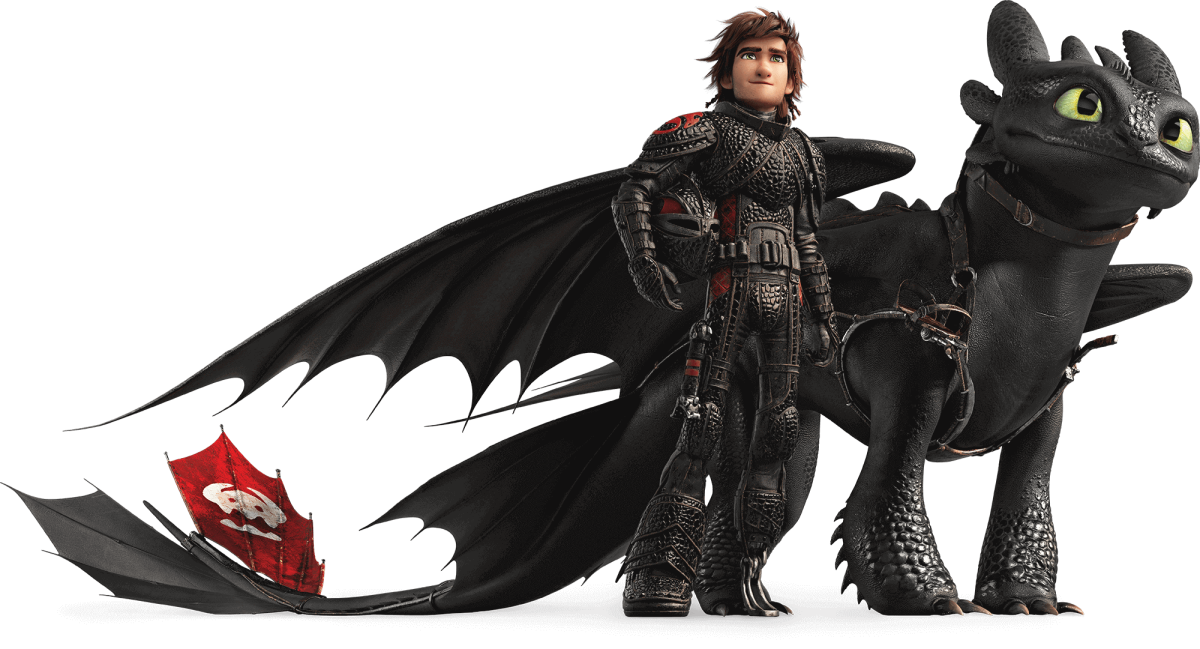“I know so many last words. But I will never know hers.”
Not knowing her last words haunted Miles Halter after her disappearance.
In Looking For Alaska, John Green leaves his readers wondering throughout the novel what really happened to the wild and carefree Alaska Young on a cold winter night.
The novel begins in Miles’ living room in Florida one hundred and thirty six days before Alaska’s disappearance. Miles is an ordinary teenager that didn’t have many friends at the school he was attending in his hometown. He decided that attending Culver Creek Preparatory High School in Alabama would be a good option for him – not because of his lack of friends, but, as he quoted Francois Rabelais, “I go to seek a Great Perhaps.”
What he didn’t know about Culver Creek was that the people he would meet there. Green quickly introduces a series of characters early on in the novel, the main ones being Miles’ roommate Chip “The Colonel” Martin, who gives Miles the nickname “Pudge”, and of course, the beautiful Alaska Young, who Pudge falls in love with from the moment he saw her.
At first, the novel just seems to be about a few teenagers at a boarding school causing trouble and having a good time. Pudge starts dating a Romanian exchange student name Lara, and makes another friend named Takumi, a Japanese exchange student. These three, along with the Colonel and Alaska, spend their time together in the woods near the school, smoking Marlboro cigarettes in the Smoking Hole, drinking the alcohol Alaska keeps hidden, trying not to get caught, and simply talking about life.
However, as the novel counts down the days, from one hundred and thirty six days before to one day before Alaska’s disappearance, the reader begins to wonder what is going to happen to Alaska. My guess was that she ran away or got kidnapped, and I couldn’t believe it when I finally got passed the “before” segment of the novel and reached the “after” half to find out what happened to Alaska, and more importantly, why it happened.
The novel kept me so interested that it was practically glued to my hands. Green keeps the first half very normal. At some points I even forgot that something was supposed to happen to Alaska, which is what made it even more of a mystery. While all of the characters are somewhat mysterious in their own way, Alaska was always hiding something throughout the first half. Her comments and answers were very vague, she had a boyfriend that she claimed to be in love with, parents she never spoke of, and at some points, she even seemed suicidal. When Pudge asked her why she smoked cigarettes so fast, she simply said, “Y’all smoke to enjoy. I smoke to die.”
The main question throughout the novel was what the “labyrinth” really was. Alaska first brought it up towards the beginning of the book with Pudge, creating the mystery of what was really going on in her head. Does the labyrinth mean you want to escape sadness? Or to escape life? This would haunt Pudge, Colonel, and the rest of the group after Alaska’s disappearance and what it was she was trying to escape.
Green wrote the novel in Pudge’s point of view and while most of the time, Pudge seems to be a typical naive sixteen year old kid, there are certain points in the novel where he goes into deep thought about religion, afterlife, and love. Pudge is so relatable in every way from feeling completely happy, to feeling depressed, and from a naive hormonal teenage boy, to a mature young adult experiencing the hardships and mysteries of life. Through Pudge’s voice, Green appeals to not only teenagers, but also an older crowd. Although Pudge struggles with things every teenager goes through, like falling in love with a girl he knew he couldn’t have, he also talks about things some people his age may have never even thought about.
By the end of the novel, Pudge grows and decides that some things in life must simply be left unsolved. After trying to find Alaska, he finally realizes that although it’s hard to survive things that seem undefeatable, there’s always a way out of the labyrinth, no matter how bad things may seem. In the last few pages Pudge says, “We need never be hopeless, because we can never be irreparably broken.”




